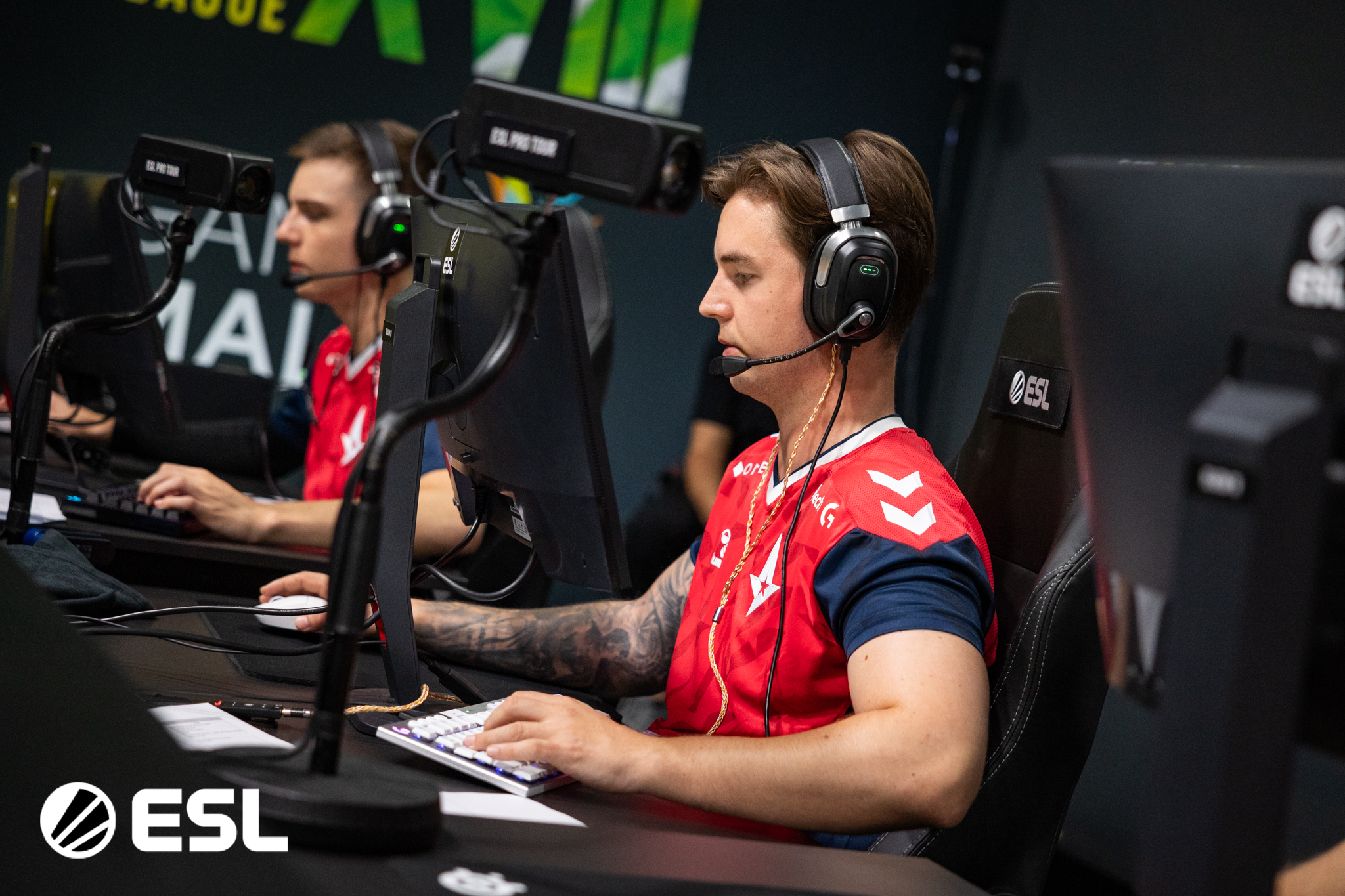Insightful Updates
Stay informed with the latest news and trends.
ESL or Bust: The Rollercoaster Ride of CSGO's Competitive Scene
Dive into the thrilling ups and downs of CSGO's competitive scene in ESL or Bust—where every match could change everything!
Understanding the ESL Competitive Structure: A Deep Dive into CSGO
The ESL (Electronic Sports League) competitive structure in CS:GO (Counter-Strike: Global Offensive) is a hierarchical system designed to promote fair play and skill development across various levels of competition. At the top of this structure stands the ESL Pro Tour, which features premier tournaments and leagues such as ESL One and ESL Pro League. These events attract the top-tier teams from around the world, offering them opportunities to compete for substantial prize pools and valuable ranking points. Below the Pro Tour, we find the ESL National Championships and various regional tournaments, which serve as feeders for aspiring teams and players aiming to break into the professional scene.
Understanding the ESL competitive structure is essential for players, teams, and fans who wish to navigate the ever-evolving esports landscape. The system not only emphasizes organized play but also introduces ranking systems that help determine a team's eligibility for various events. For instance, teams accumulate points based on their performance in ESL events, influencing their seedings in future competitions. This structured approach ensures that the best teams earn their spots among elite competition, fostering a dynamic and exciting environment for both participants and spectators alike.

Counter-Strike is a highly competitive first-person shooter game that involves team-based gameplay and strategy. Players can engage in intense matches and even participate in activities like clash.gg case opening to enhance their gaming experience. With a variety of maps and game modes, Counter-Strike continues to be a popular choice among gamers worldwide.
Top 10 Memorable Moments in CSGO's ESL History
Counter-Strike: Global Offensive (CSGO) has had a profound impact on the esports community, particularly through its partnership with ESL. Over the years, numerous moments have captivated fans and players alike, etching themselves into the annals of esports history. One standout event was ESL One Cologne 2014. This tournament not only marked the rise of fnatic as a dominant force but also showcased the incredible crowd and atmosphere that ESL events are known for. The intense matches and clutch plays kept fans on the edge of their seats, making it one of the most memorable tournaments in CSGO's history.
Another defining moment was at ESL One Katowice 2015, where against all odds, the underdog team Virtus.pro fought their way to victory. Their extraordinary comeback against Fnatic in the semi-finals led to one of the most epic finals in ESL history. Fans erupted in applause as Virtus.pro displayed their skills and teamwork, culminating in a thrilling victory that inspired many aspiring gamers. These pivotal moments not only highlight the competitive nature of CSGO but also cement ESL's position as a cornerstone in the esports landscape.
How ESL Shaped the Future of CSGO Esports: Insights and Analysis
Esports has experienced a revolutionary shift over the past decade, with titles like CS:GO (Counter-Strike: Global Offensive) becoming a cornerstone of competitive gaming. One of the key players in this transformation is ESL (Electronic Sports League), which has organized numerous high-profile tournaments and leagues that have not only elevated the prestige of CS:GO but also cultivated a dedicated fan base and professional player ecosystem. By providing a structured platform for competition, ESL has fostered an environment where players can showcase their skills and where audiences can engage deeply with the game. The impact of ESL on the CS:GO scene has been monumental, establishing critical pathways for sponsorships, viewership growth, and professional careers in esports.
The success of ESL in the CS:GO esports landscape is a testament to the organization’s commitment to innovation and quality in tournament production. Through initiatives like the ESL Pro League and various international championships, ESL has introduced a level of professionalism that has attracted both elite players and large-scale audiences. Furthermore, by incorporating advanced streaming technology and interactive features for viewers, ESL has not only increased the accessibility of CS:GO tournaments but has also enhanced the overall spectator experience. As we analyze the trajectory of esports influenced by ESL, it's clear that their efforts have not only shaped the competitive scene of CS:GO but have also set the standard for future esports events worldwide.